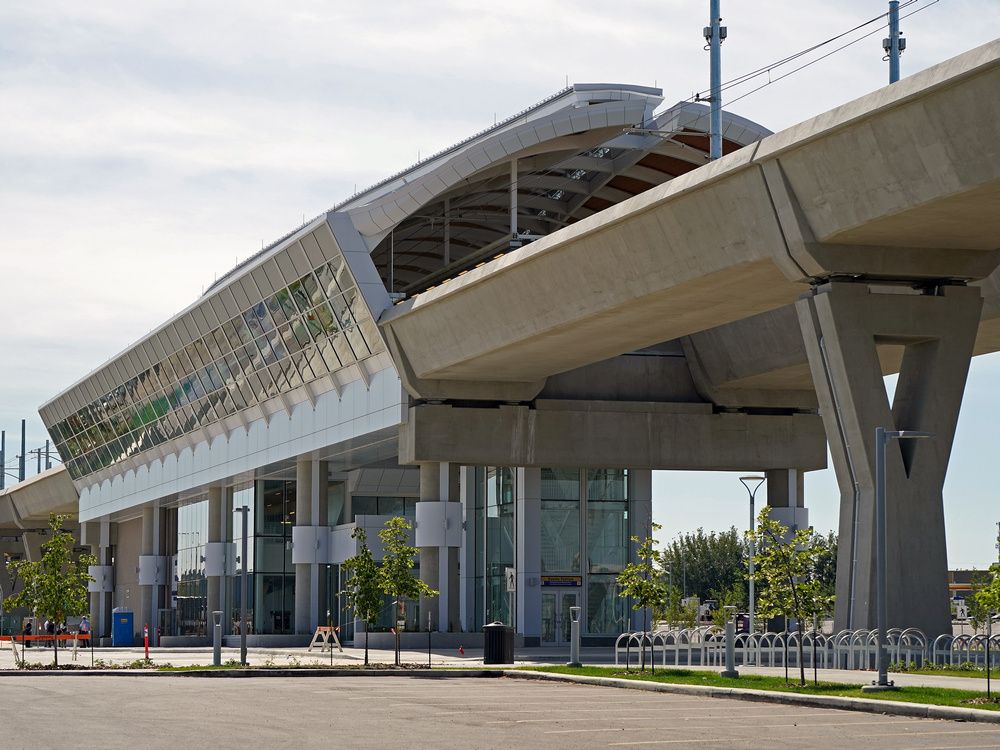I really like Tim Cartmell. I've send him a couple of emails in the past, and he responded back every time with thoughtful responses. I think he's wrong though, and he's moving goal posts. Nobody is suggesting that the P3 model itself caused the cracks, but instead, it lead to them.
The issue with the P3 model is it usually leads to the lowest bidder. A major project, with this many hands on deck, didn't fail because of design errors, and suggesting such, is a little much. You can't cut in some areas. There should have been multiple opportunities to correct these so-called design failures. How did that not happen? Where is the oversight?
I would be willing to bet that either TransEd was capable of completing the project, but felt pressured to complete deadlines, or they weren't, and the project should have been awarded to a higher bidder.
If it wasn't a P3 model, the City of Edmonton would have more say, more responsibility and more oversight, which is what makes P3 models so problematic. I don't believe for a second that this couldn't have been foreseen. I don't have a lot of faith in the city, but I have less faith in any contractors in this model. It's a recipe for disaster.
